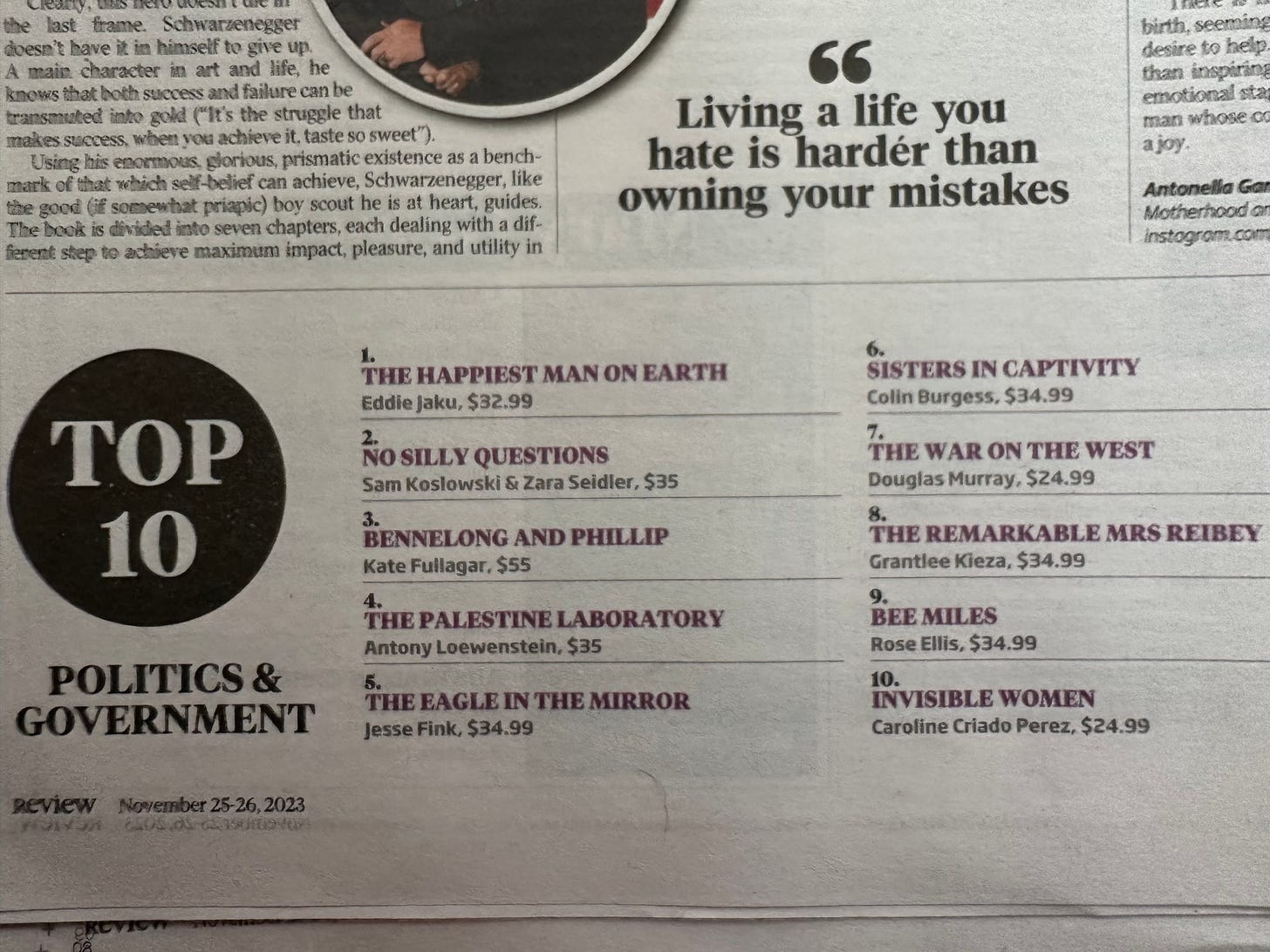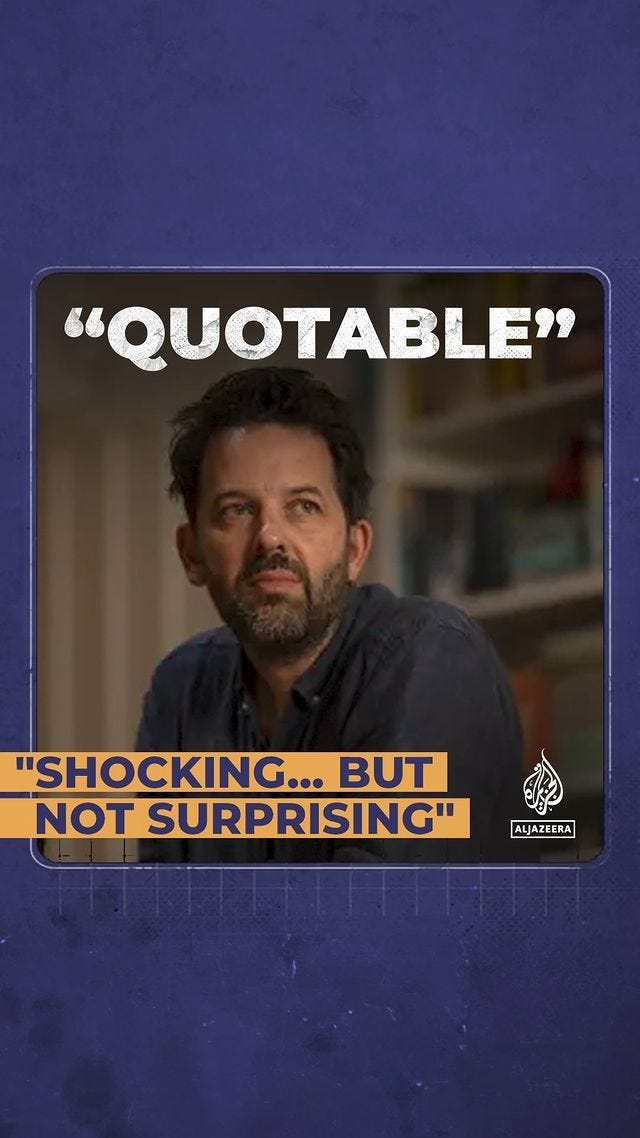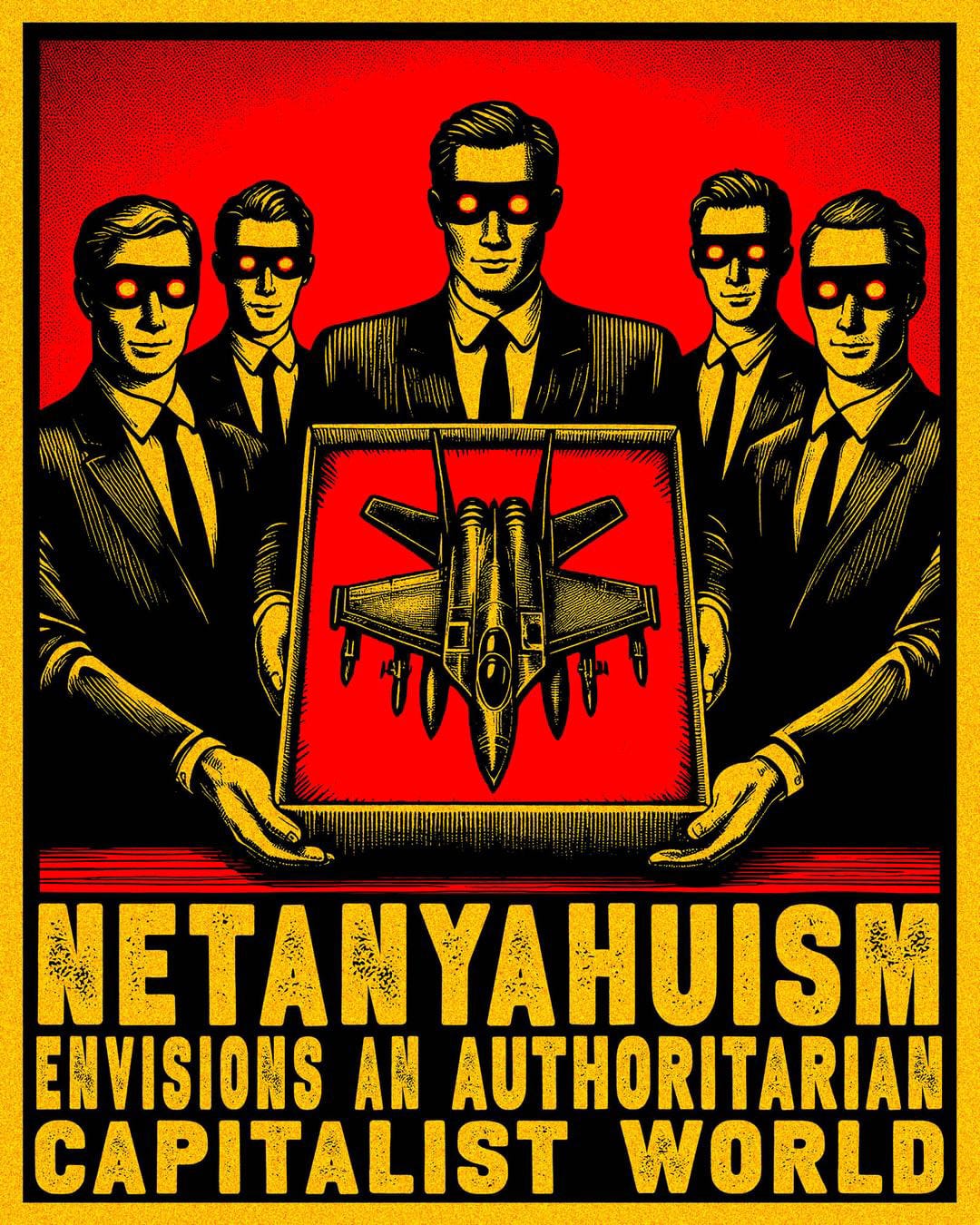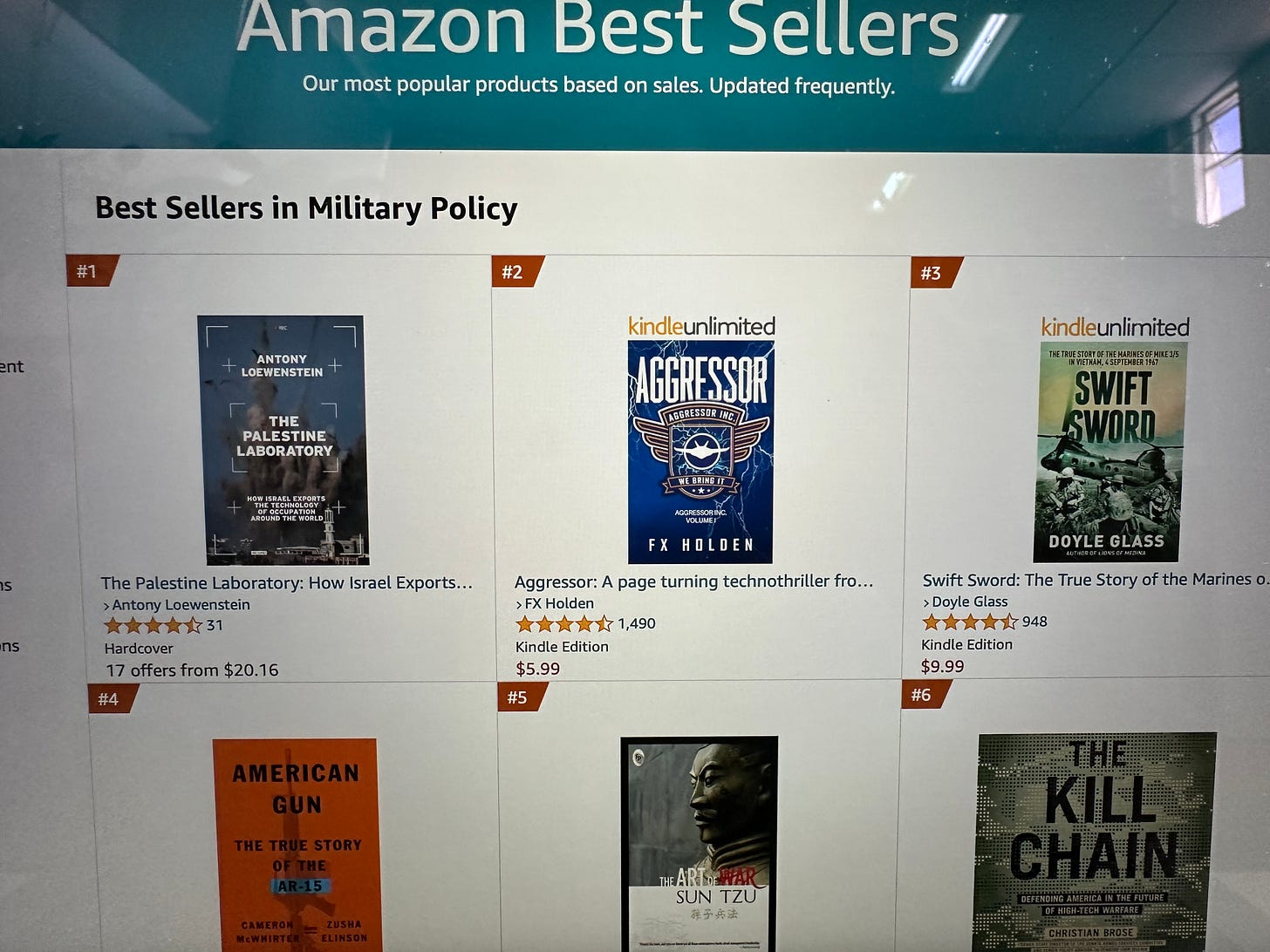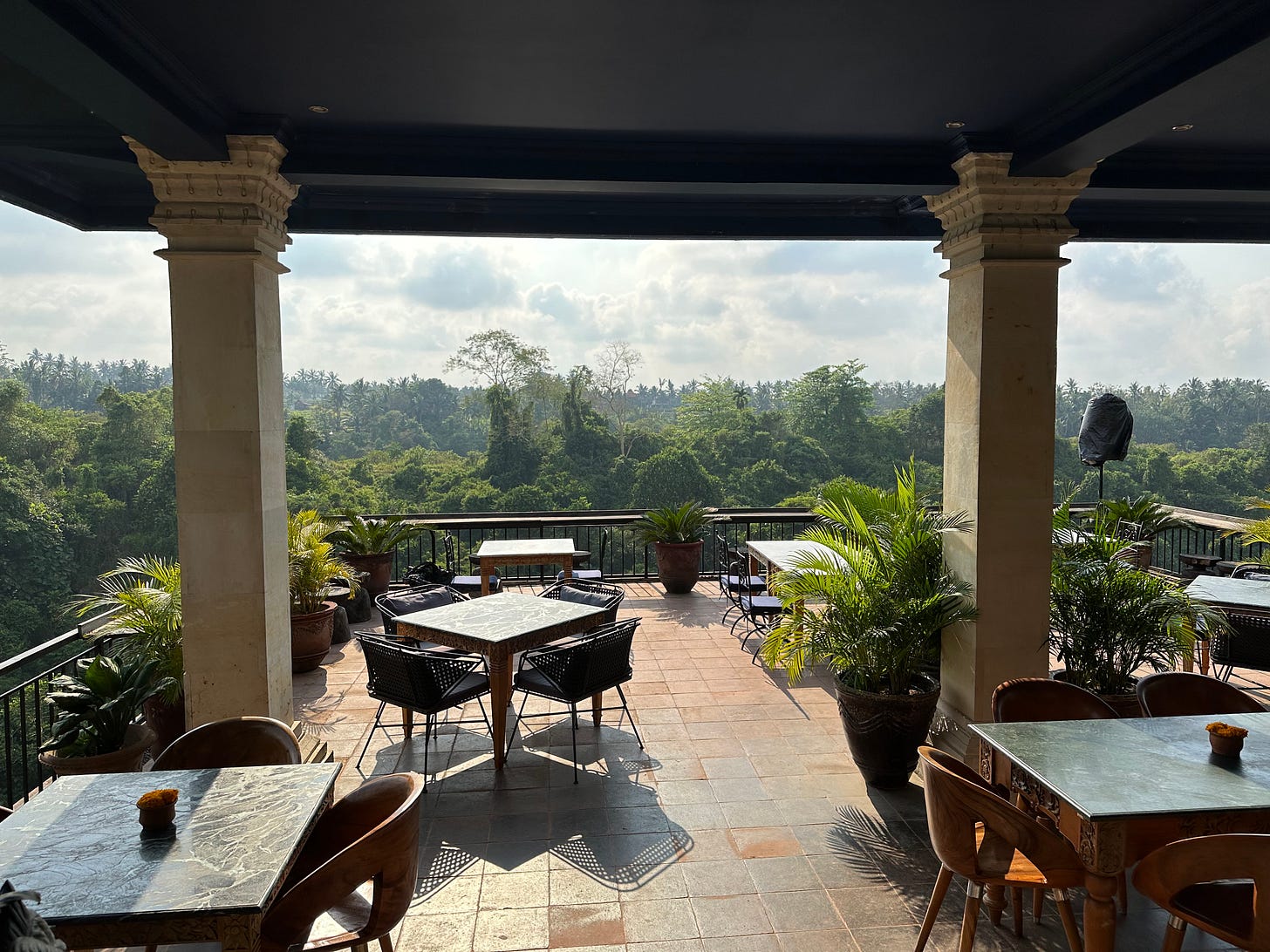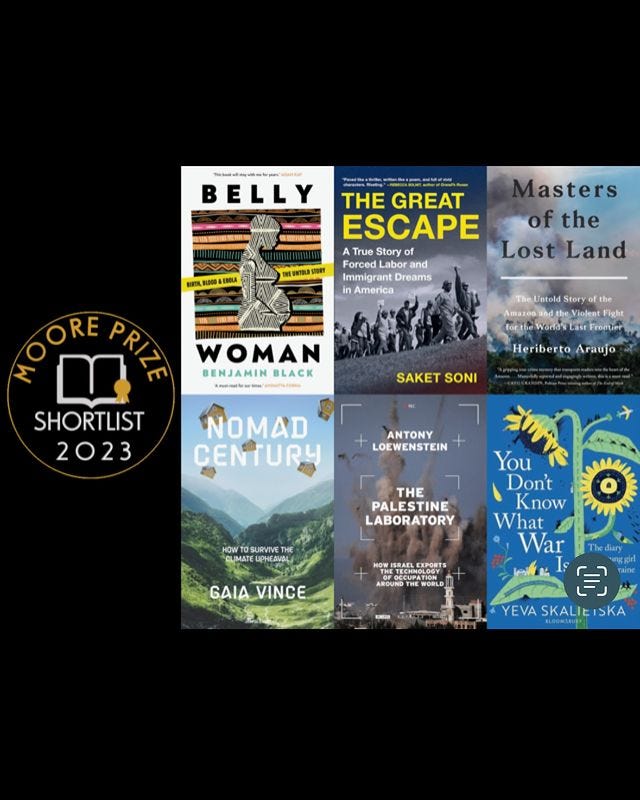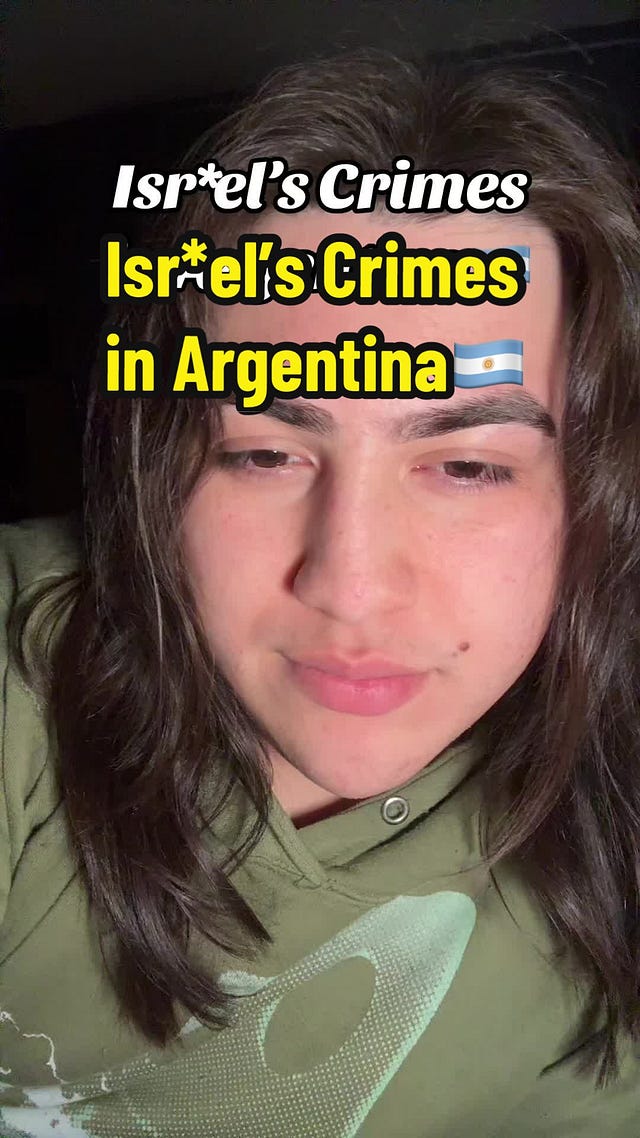October 7 and its aftermath
After the horrific Hamas attacks on Israel on 7 October, the Israeli response in Gaza has been devastating, illegal and apocalyptic. This is a turning point in the Israel/Palestine "conflict".
The impact of 7 October 2023 will last for generations. On that fateful day, many Israeli civilians were murdered by Hamas. Huge numbers of Palestinian civilians in Gaza were then killed by Israeli weapons (with unqualified American and Western support).
However, this conflict, war, battle or whatever you want to call it, didn’t start on 7 October. This is just the latest chapter in a decades-long struggle for land, recognition and dignity but this period, as explained by esteemed Palestinian academic Rashid Khalidi, is different. The scale of human lives lost is unparalleled since 1948, the year of Israel’s birth and Palestinian Nakba.
I have friends in Gaza who have lost their homes and livelihoods. They’re now refugees in their own land. They send videos and photos of their daily existence, trying to survive another night under Israeli bombardment.
The suffering has been monumental. Israel has displaced more than twice as many Palestinians within Gaza than during the Nakba. Large numbers of Israelis are awaiting news of their kidnapped family members in Gaza. Israel is deploying AI-enabled warfare to kill massive number of Palestinians (after failing to stop the 7 October attacks).
It’s all a humanitarian catastrophe and yet the root causes of the conflict are too rarely examined or even acknowledged. Life in Israel will never be peaceful if life in Palestine is hell. It should be simple to understand and yet it’s too often obfuscated or denied.
What follows is the huge amount of work I’ve done in the last months before 7 October and after, and interviews about my now best-selling book, The Palestine Laboratory. It makes me a bit uncomfortable to be talking about my work in such a difficult time but I want to disseminate relevant and timely information.
It’s been an emotionally taxing time, watching the carnage in Gaza and Israel, as I’ve been reporting on Palestine/Israel since 2003. I’ve seen photos and videos that I’ll never forget. Children with no brains. Lifeless bodies. Bloody limbs strewn on the ground. Entire neighbourhoods levelled. Friends in Gaza tell me about not being able to find food, shelter or any safety.
I’ve been personally invested in the Middle East for more than 20 years (after first visiting Israel/Palestine in 2005). My first visit to Gaza was in 2009 and I’ve reported from there many times since. I lived in East Jerusalem between 2016 and 2020 with my amazing partner, Ali, who was working for an international aid organisation.
Here’s a short film I made in Gaza in 2009, my trip coming 6 months after Israel’s devastating Operation Cast Lead. I’m still in contact with Palestinian friends in this video:
I’m an independent journalist without any institutional backing. If you’re able to support me financially, by donating money to continue this work, I’d hugely appreciate it. You can find donating options in the menu bar at the top of my website.
In a rare piece of good news in these dark times, I’m excited to announce that my book, The Palestine Laboratory, is the winner of the 2023 Walkleys Book Award. It’s Australia’s top journalism prize, the equivalent of the Pulitzers.
Here’s the moment that I won:
After more than 20 years of journalism, it’s the first prize that I’ve won! Independent journalists, especially on Israel/Palestine, usually don’t get these awards so I was pleased to note the judge’s comments:
Here’s the official photo of me (taken by Adam Hollingworth) just after receiving the trophy:
Since 7 October, my book has exploded globally with both my UK/US publisher, Verso, and Australia/New Zealand publisher, Scribe, twice reprinting the book due to extraordinary interest. My social media reach, Instagram and Twitter, has risen by tens of thousands of people. It’s on the best-seller list:
Beyond book sales and media, I’ve never experienced so much public interest in my work. I’ve received literally thousands of messages from people across the globe, writing to express support, ask questions or show solidarity on Palestine/Israel and independent journalism. I always try and share accurate information about the conflict and recommend journalists and commentators on the ground who know the facts.
Yes, I’ve received some hate mail, a sadly common part of my work, but the vast majority of engagement has been respectful. This kind of passion and desire for justice is what keeps me going when the world seems desperately dark. (Over the years, I’ve received encouragement when writing about equally challenging subjects such as disaster capitalism or the drug war but this is on a completely different scale).
I’m happy to announce that a large number of book publishers in multiple countries have reached out to my literary agent and me to negotiate translation (and audio) rights for The Palestine Laboratory. Coming in early 2024 and beyond will be a large number of editions to reach people on almost every continent (with a newly written preface to address 7 October and its aftermath). From Spanish to South Korean and Italian to Arabic, that’s just a small taste of what’s on the way.
I can’t say much yet but there will be a documentary film related to my work on Israel/Palestine out in 2024. I’m also working to get $ funding for another film based around my research so if you know anybody with deep pockets, please let me know.
One day after 7 October, I was interviewed on ABC TV Australia and it went viral globally, attracting at least 5 million views.
Here’s the original version in English (and it also went viral on an Arabic news channel who translated it):
Below is a collective of my many interviews with Al Jazeera English, Al Jazeera Arabic, global broadcaster TRT World, Sky News Australia and WION TV news channel in India in the last months, especially since 7 October:
A long-standing issue around Israel/Palestine is how the mainstream media covers the conflict and whose voices are granted humanity (and who treated suspiciously).
I was interviewed by the great Al Jazeera English media program, The Listening Post, on why Palestinian lives and experiences are frequently demonised:
I spoke on a wide-ranging panel in Australia about the ethics around reporting on the Middle East and how too often the public is told that this is a conflict between two equal sides (as opposed to occupied and occupier). The event was broadcast on ABC Radio Australia.
One of the main areas of research in my latest book, The Palestine Laboratory, is how Israel regularly tests new weapons against Palestinians in Palestine. This has continued during its war against Gaza since 7 October.
Following my interview on US program, Democracy Now!, in June about my book, I returned in November to explain how many Western nations are sending weapons to Israel to be used in Gaza and how Israel’s social media warriors are showing the live-testing of new weapons in the field:
I was interviewed on Al Jazeera’s podcast, The Take, on the major Israeli intelligence failures on 7 October and US outlet Defence One on Israel’s over-reliance on repressive tech (and hubris) in Gaza.
One of the most surreal experiences since 7 October has been connecting with the powerful Bangladesh-American artist, Debashish Chakrabarty. He’s an overtly political artist with a sharp eye. I recently discovered that some of his artwork has been inspired/shaped by my book, The Palestine Laboratory. Some examples:
His recent work has gone viral, we both posted them all on Instagram, and then something remarkable happened. The message moved from online to the real world, used in posters at pro-Palestine rallies in authoritarian Bangladesh and Florida, USA.
Here’s some photos of the protest in Bangladesh:
Here’s a list of recent interviews and work across the world referencing my book, The Palestine Laboratory:
Irish politician, Clare Daly, sits in the European Parliament and recently gave a speech talking about the concepts in the Palestine lab;
A strong review of my book in the Pakistani media;
An interview on Radio New Zealand about the humanitarian crisis in Gaza;
Coverage in the Lebanese outlet, An-Nahar;
Interview in Spanish outlet, El Periodico, on my book and a story in Spanish outlet, El Pais;
An extract from my book on how Israel weaponises Jewish trauma in the service of occupation:
Q&A with me on the writing of my book and the inspiration behind the work;
Veteran US journalist Chris Hedges, a former New York Times correspondent in the Middle East, writes about my book;
My book was recently the #1 best-seller on the Amazon “military policy” list (a rather curious category but I’ll take it!);
My major piece in the Sydney Morning Herald and Melbourne Age on the one-state in Israel and Palestine. In 2012/2013, I co-edited with Palestinian Ahmed Moor a book about the one-state solution, After Zionism, with leading Palestinian and Jewish thinkers. I’m excited to announce we’ll be releasing a new edition on 30 January, 2024. Stay tuned for more information;
A great review of The Palestine Laboratory in US outlet, New Republic;
My opinion piece for Al Jazeera English on how Israel is unleashing a new global “war on terror”;
My interview in Ukrainian media outlet, Suspilne:
Interview with the Los Angeles Times on AI-warfare in Gaza being used to support mass slaughter;
Elon Musk is partnering with an Israeli company to identity users on Twitter. As I told MintPress News, users beware;
The Educational Bookshop is the best bookstore in Jerusalem. I used to visit there regularly. Its owner, Mahmoud Muna, has written a great piece in the London Review of Books about the (often) clueless nature of visiting Western journalists and he gave a shout-out to my book.
My article in US outlet The Daily Beast on Israel trying to pink-wash its war against Gaza;
I’m always open to engaging with people who may not share the same beliefs as me. I was recently on a podcast with religious Christians who support Palestine but whose reasons for doing so may be slightly different to mine. It’s a fascinating conversation;
In my book, I examine the growing ties between Israel and India, two ethno-nationalist states. Kashmir is a focus. Here’s my interview with the Kashmir Times and an effective explainer of my book by Indian commentator Apar Gupta.
The Polis Project is a New York based research organisation. I recently spoke with its founder Suchitra Vijayan and Azad Essa, author of the important recent book, Hostile Homelands, on the Israel/India relationship;
An interview with former CIA whistleblower John Kiriakou who revealed the extent of US-led torture post 9/11;
Post 7 October, there’s been a heated discussion in the Jewish community around the world about our roles and responsibilities. There is more than one Jewish voice on Israel/Palestine as I explained to Australian Associated Press and SBS TV Australia. I also spoke at a recent massive pro-Palestine rally in Sydney.
An interview with French outlet Elucid;
CNN Turkey discusses my book and Jewish identity:
To fully understand the hellish conditions in Gaza, watch this remarkable film made by Al Jazeera English, Rescue Mission Gaza: One Day in the Life of an Emergency Worker, to see the apocalypse being unleashed by Israeli weapons.
While Gaza is being bombed from the air, the occupied West Bank is facing increasing violence from settlers and Israeli soldiers. I’ve spent a lot of time reporting from this area over the decades, including with settler themselves, so I’m happy to be interviewed in this new Al Jazeera English film about surging West Bank chaos.
The Juice Media produce effective satirical videos about current events that go viral. One of its recent efforts is about Israel/Hamas and I was happy to offer advice on this funny/disturbing work:
I recently spoke at the Ubud Writers and Readers Festival in Ubud, Bali, Indonesia, one of the biggest literary events in Asia. Indonesia is the most populous Muslim country on the planet. The festival is a wonderful mix of international and Indonesian writers talking about the big issues of the day. I discussed Israel/Palestine, AI and its ramifications and Chinese politics. My book, The Palestine Laboratory, was the biggest seller at the festival.
At the end of the festival, a column appeared in The Jakarta Post newspaper about my book and the response in Indonesia to it.

I’m excited to announced that my book is a 2023 short-list finalist in the Moore Prize, an international literary and human rights award alongside some fine books on global affairs. The winner is announced in January:
Here’s more of my recent work:
My feature story in New Internationalist magazine on the Palestine lab and the ways in which the US is trying to beat Israel at the surveillance game;
My story in Australian outlet Crikey on my reporting experiences in Gaza since 2009 and challenging some of the misconceptions about the occupied territory;
An interview in Al Jazeera English about Australia selling weapons/defence equipment to Israel;
Interview with the Radio War Nerd podcast about Israeli surveillance hubris;
Strong review of my book in the Australian outlet, Meanjin;
Tech Won’t Save Us is a wonderful podcast hosted by Paris Marx that challenges the Silicon Valley worldview. Paris interviewed me about my book in July and again just after the 7 October attacks.
My interview on the popular Australian podcast Not So PG about Israel/Palestine and why many indigenous Australians show support for the Palestinian cause.
The day before the 7 October attack, I was interviewed by my UK/US publisher, Verso, alongside the Palestinian writer Ghada Karmi;
My first film, Disaster Capitalism, continues to spread around the world. It’s now even more available for rental, purchase, hiring for schools and universities etc.
As a co-founder and co-editor of Declassified Australia, an investigative news website, it’s been a busy few months.
Our biggest story, written by my colleague Peter Cronau, is on the use of the US spy base in the centre of Australia, Pine Gap, for intelligence gathering that’s passed along to Israel in its war against Gaza. The piece went viral because no other mainstream media outlet covered this vital angle of the Middle East war.
One of our regular correspondents, Kellie Tranter, revealed the involvement of many Australian companies in the global supply chain for the F-35 fighter jets currently used by Israel in Gaza.
We’ve published many other articles, take a look at our website!, and we’re funded by public support and donations. Please back us.
A popular trend on TikTok is people reading books they love. A few months ago I started noticing this happening with The Palestine Laboratory but it’s really taken off since 7 October.
Here’s just one example, Tony Vara with over 500k followers, reading sections from my book related to Latin and South America:
Beyond Israel/Palestine, I’ve also worked on other issues in the last months that (mostly) aren’t related to the Middle East:
I recently discovered that some of my book are being used to train AI language models, all without my consent or financial compensation. I’m not happy about it;
German outlet Stern published a major global investigation into the Murdoch media empire and its negative impact on climate change policies and coverage. I reported the Australian part of the story;
I endorsed the new book by British writer, Tom Stevenson, called Someone Else’s Empire, about the delusion of modern Britain and its ties to the US;
My review in Australian outlet The Saturday Paper of Naomi Klein’s fine new book, Doppelgänger;
Al Jazeera Arabic recently released a film about the disappearance/kidnapping of Yemeni babies in Israel in the 1950s. It’s a very dark history and I was happy to be a consultant + researcher on the project.
Thanks for reading + watching this far (if you made it to the end!).
You can follow me on Instagram and Twitter for constantly updated content. My website has information about all my work, books and documentary films stretching back to 2003.
My book, The Palestine Laboratory, is currently being re-printed for multiple countries due to overwhelming demand so if you can’t find it at your local bookshop/online store, please be patient (it won’t be long now).
Many people are asking who to support in Gaza to provide essential life-saving care. There are many groups but I can recommend Medical Aid for Palestine.
Keep raising your voice. Don’t be silent.
Take care.
Antony





